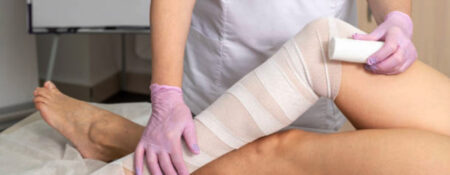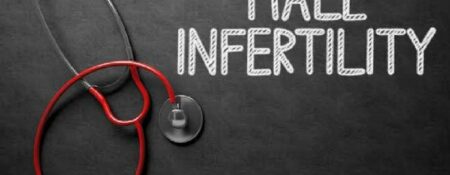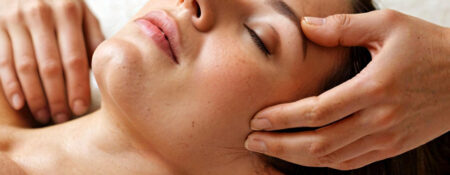
You probably learned to brush your teeth when you were a little kid. It seems easy, like you don’t even have to think about it: take up the brush, add toothpaste, scrub a little, and you’re done. But Dr. Arif Patel, a dentist with clinics in Dubai and Preston, says that most people don’t even know they’re making little blunders when they wash their teeth.
Over time, those little blunders might cause huge problems with your teeth. Dr. Patel says, “Brushing should be the easiest way to take care of your teeth, but I see patients every day whose habits are working against them.”
We’ll talk about the most common mistakes people make when cleaning their teeth, why they matter, and what best Arif Patel suggests instead in this blog.
A lot of us clean our teeth quickly these days because we’re so busy. You might be late for work or the kids might be running late for school, so you only clean your teeth for 30 seconds before you call it a day. Arif Patel says that this is one of the major blunders people make.
To get rid of plaque and bacteria, you need to clean your teeth for the right amount of time. So, how long should you clean your teeth? The most important thing is to do it for two minutes twice a day.
It’s true that the toothbrush you pick makes a difference. Many people think that a brush with rough bristles will clean better, but Dr. Patel says that it can actually hurt your enamel and make your gums hurt. “Soft-bristled brushes are gentler and do the job just as well, sometimes better—without hurting your teeth.”
You might think that washing harder will make your teeth cleaner, but this is a common error. Brushing too hard can wear down the enamel and push back your gums, which can make your teeth sensitive and cause other problems. Best Dr. Arif Patel says that brushing is like cleaning a fragile surface: “You wouldn’t use sandpaper to clean your phone screen. Your teeth are robust, but they need to be taken care of. Gentle, circular strokes are far better than scrubbing back and forth hard.
A lot of people primarily pay attention to the front surfaces of their teeth, which they can see in the mirror. But the place where your gums and teeth touch is just as crucial. Plaque builds up along the gum line, and if you don’t get it off, it can cause gum disease. Arif Patel says to brush your teeth gently in small circles with your toothbrush angled slightly toward your gums. “Healthy gums are the base for healthy teeth.” If you don’t take care of them, they could bleed, enlarge, and eventually get gum disease.
When did you last get a new toothbrush? It’s probably overdue if you can’t remember. Over time, bristles get worn out and don’t work as well. They also pick up germs. Dr Arif Patel says you should change your toothbrush or electric brush head every three months, or sooner if the bristles start to wear out. “A brush that is worn out doesn’t clean well. It’s like using an old broom with broken bristles; all it does is move the dirt about.
Most individuals clean their teeth in the morning, but a lot of people don’t brush their teeth at night. You can be too tired or forget to do it before bed. But Dr. Arif Patel Dubai says that brushing your teeth at night is the most crucial thing to do. “Your mouth makes saliva during the day that helps get rid of microorganisms. Saliva production slows down at night, which gives bacteria greater room to do damage. Brushing your teeth before bed gets rid of food and plaque, which lets your teeth relax.
There are a lot of bacteria on your tongue that can make your breath smell awful and hurt your teeth and gums. But a lot of individuals don’t pay any attention to it when they brush. Dr. Arif Patel best practices affirms to brush your tongue softly or use a tongue scraper. “It’s a small thing that makes a big difference for fresh breath and cleanliness in general,” he says.
Toothpaste is really important for cleaning and protecting your teeth, but a lot of individuals don’t use it the right way. Adults typically put too much paste on the brush, and kids may get amounts that are not safe for them. It’s evident what Dr. Patel says: For adults, a pea-sized amount is enough. For kids under 3, a little smear the size of a grain of rice is all they need. A pea-sized amount for kids 3 to 6 years old, with adult supervision.
A lot of folks are surprised by this one. Most of us rinse our mouths with water shortly after brushing. Dr. Arif Patel says, nevertheless, that this washes out the fluoride in the toothpaste that protects your teeth. “The fluoride needs time to stay on your teeth and make them stronger.” You lose that benefit if you rinse right away. He says that instead of doing that, you should just spit out the extra foam and let the rest do its job. Use a fluoride mouthwash instead of plain water if you can’t stop rinsing.
Brushing is important, but it’s not the only thing you need to do. Flossing and going to the dentist on a regular basis are both very important. Plaque and tartar can build up if you don’t get your teeth cleaned by a professional. Toothbrushes can’t always get to the crevices between teeth. Dr. Arif Patel tells his patients to think of brushing as only one aspect of a wider regimen. Brushing your teeth together with flossing, eating a balanced diet, and going to the dentist regularly is the best way to keep your teeth and gums healthy. Everything fits together
Arif Patel says that brushing your teeth may appear easy, but tiny mistakes can have major effects over time. These practices, like brushing too hard or skipping at night, may not reveal their consequences right away, but they can lead to problems like cavities, gum disease, and sensitivity. The good news is that the remedies are easy.
Use a soft-bristled brush and fluoride toothpaste to clean your teeth gently for two minutes twice a day. Take care of your gums and tongue, change your toothbrush often, and don’t rinse the fluoride away too quickly. Dr. Arif Patel sums it up with his customary clear advice: *“Your teeth will be with you for life.



